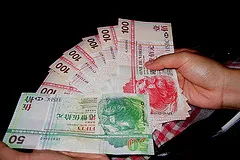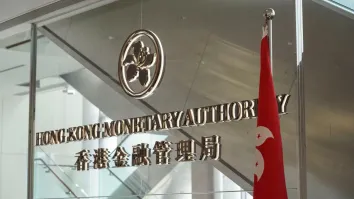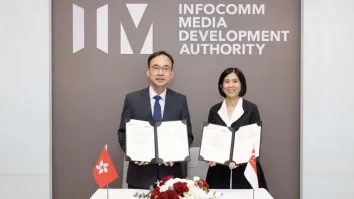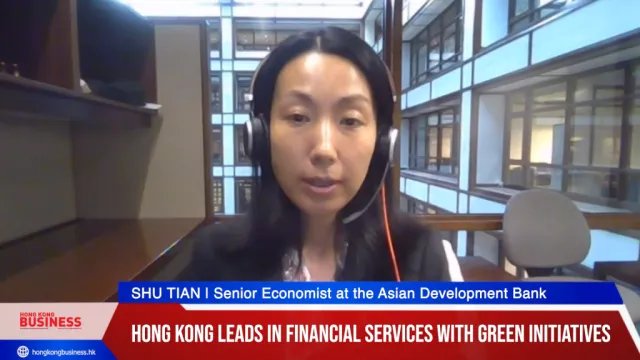
Hong Kong's fiscal surplus to reach a whopping $8.6b for 2012-13
That is instead of the originally budgeted deficit of HK$3.4b.
Ernst & Young estimates that instead of the originally budgeted deficit of HK$3.4 billion, the final result for the year 2012-13 will be a surplus of 8.6 billion. This turnaround is mainly due to a reduction of expenditures and higher stamp duty revenues. Ernst & Young’s estimated surplus would increase Hong Kong’s fiscal reserves to HK$677.7 billion by the end of 31 March 2013.
Agnes Chan, Regional Managing Partner, Hong Kong and Macau at Ernst & Young, says: “The anti-speculation measures targeting the residential property market announced last month may have an adverse impact on the revenues from land premiums and stamp duty. Nonetheless, Ernst & Young estimates that revenue from land premiums would still meet the original budget estimate of HK$60 billion in light of the fact that the government has already successfully sold many pieces of land in the first seven months of the year.
As regards the collection of stamp duty from property and stock transactions, we expect that the overall revenue will be HK$4 billion more than the original budget estimate. This estimate of stamp duty revenue takes into account the increased trading volumes on the local stock market in recent months which we believe will probably more than compensate for any decrease in stamp duty collected from property transactions as a result of the government’s recent anti-speculative measures targeting the residential property market.
On the expenditure side, by reference to past trends and based on government expenditures incurred in the first 6 months of the year, we estimate that actual government expenditures for the year 2012-13 will be HK$8 billion less than budgeted. On the above basis, we estimate that the original estimated deficit of HK$3.4 billion will turn into a small surplus of HK$8.6 billion for the year 2012-13.”.
Hong Kong’s fiscal reserves
This year's expected budget surplus would propel Hong Kong’s fiscal reserves to HK$677.7billion as at 31 March 2013, amounting to 36.7% of Hong Kong’s estimated 2012 gross domestic product (GDP).
Agnes Chan explains: “The year 2012 and the year ahead will both be challenging and it is fortunate that Hong Kong has a substantial level of fiscal reserves upon which to rely. To help Hong Kong face the challenges ahead, Ernst & Young proposes that a portion of the fiscal reserves should be used to alleviate the tax burden felt by individuals and businesses.
Furthermore, another portion of the fiscal reserves should be used to enhance the competitiveness of our tax system and further enhance Hong Kong's ability to attract overseas investments. This is in line with the Chief Executive’s earlier address to the Legislative Council that the new government will adopt a more interventionist approach to the market.”



















 Advertise
Advertise






